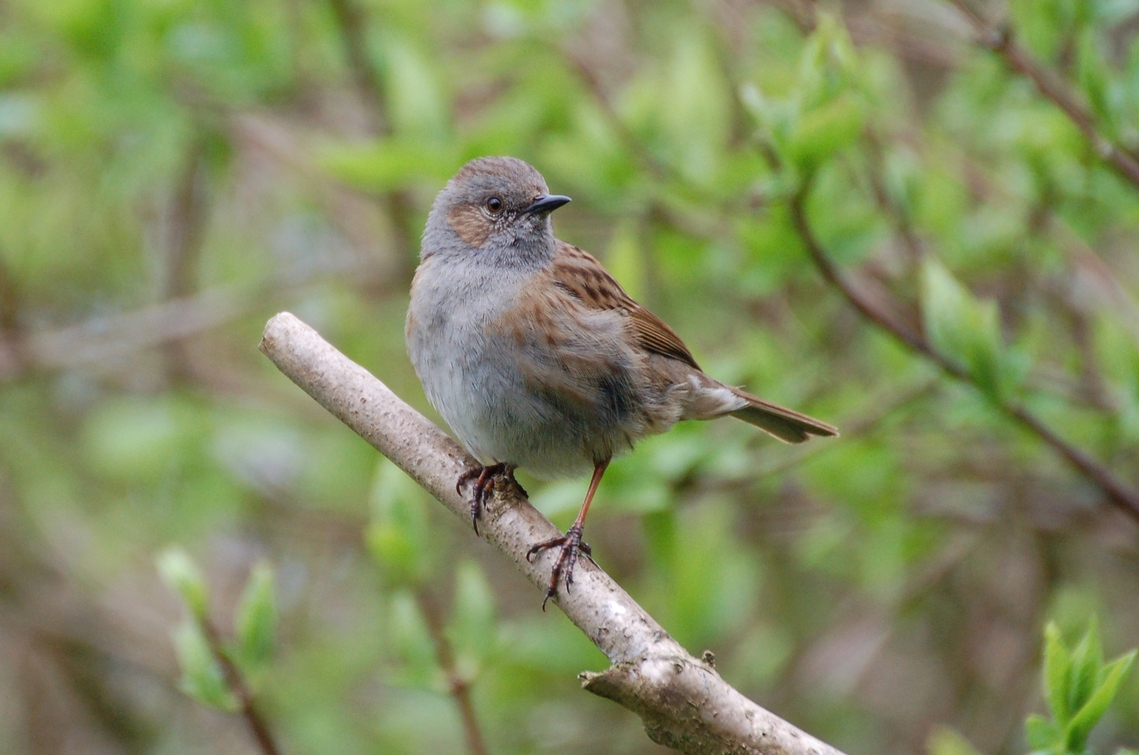Eco-warriors ready for spring
Spring is nearly here and I have been thinking a lot lately about our role within nature. Across the world many cultures and communities have had a long standing and deep understanding of how crucial humans relationship with nature is.
There are so many examples in the human-nature dynamic that highlight how we all thrive better when we work together. Further across the world it has been shown that plants such as sweetgrass in America grows back fuller and more abundant when sympathetically harvested by humans. Meanwhile, a countryside favourite - barn owls have been brought back off the Red-list for Species of Conservation Concern, largely due to human efforts to support their populations through barn owl boxes and landscape management.
Speaking of farmland birds…The big farmland bird count has been extended by a week due to the wet weather! So if you haven’t already get out and squeeze in a count - and if you have already completed your count, don’t forget to submit your results!
Beneficial relationships you might not know about
It has been a good season for many fungi species and I recently learnt that Jelly Ear mushrooms might be the cure to radiation poisoning! A bit random and definitely late to the game here as it was in 2012 that New York scientists started looking into these funky little mushrooms. They seemed to grow really well in areas of high radiation. When investigated further scientists have found that sort-of like the melanin in our skin protects us from UV, the melanin in these mushrooms protected them from radiation. When fed to mice, the mice could survive radiation too!
I am not recommending testing this at home but a pretty awesome example of the potential beneficial relationships between nature and humans. I’m sure there’s so many more that we aren’t even aware of yet!
Another species still clinging on through this mild winter is the rose hip. Usually most abundant in autumn, these bright red fruits are packed with goodness for both wildlife and people. They’re naturally rich in vitamin C, and while you can use them in jellies, syrups or teas, they must be prepared properly. Inside each hip are tiny seeds with fine hairs that can irritate your mouth and throat, so they should never be eaten raw. Instead, grown-ups can cook the hips and strain them through a fine sieve or cloth to remove the seeds, leaving a smooth, tasty pulp.
Rose hips are also an important winter food for many UK birds, including blackbirds, thrushes, redwings, fieldfares and waxwings. Unlike us, birds can swallow the hips whole without any trouble, the seeds pass safely through their digestive system and are dropped in new places. It’s a brilliant bit of teamwork in nature: the birds get a nutritious meal, and the wild roses get help spreading their seeds far and wide.

